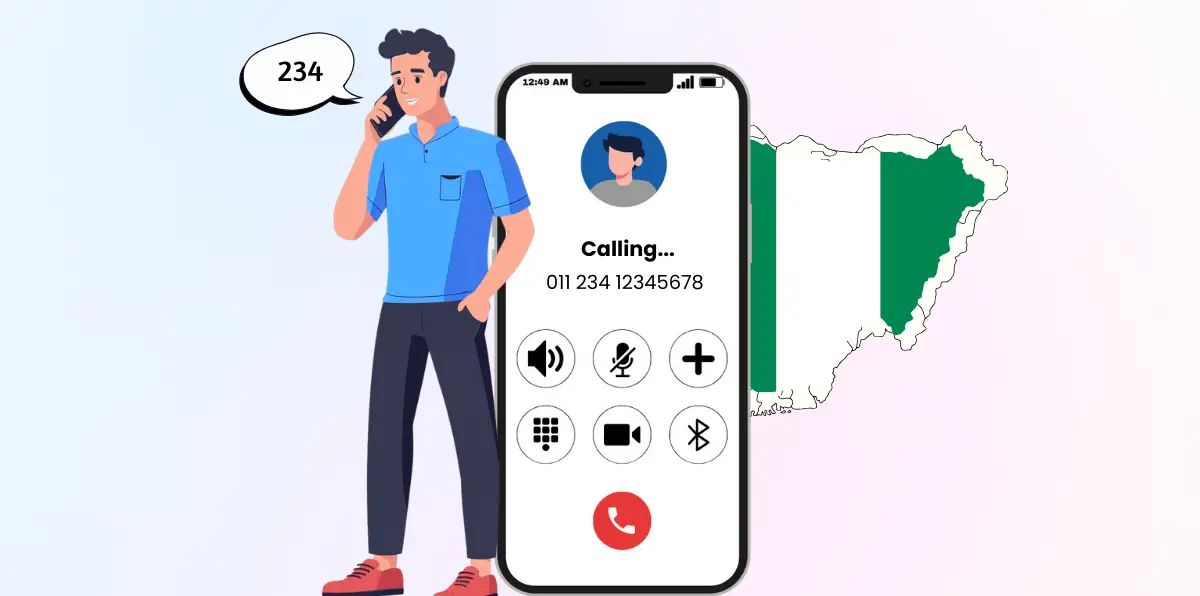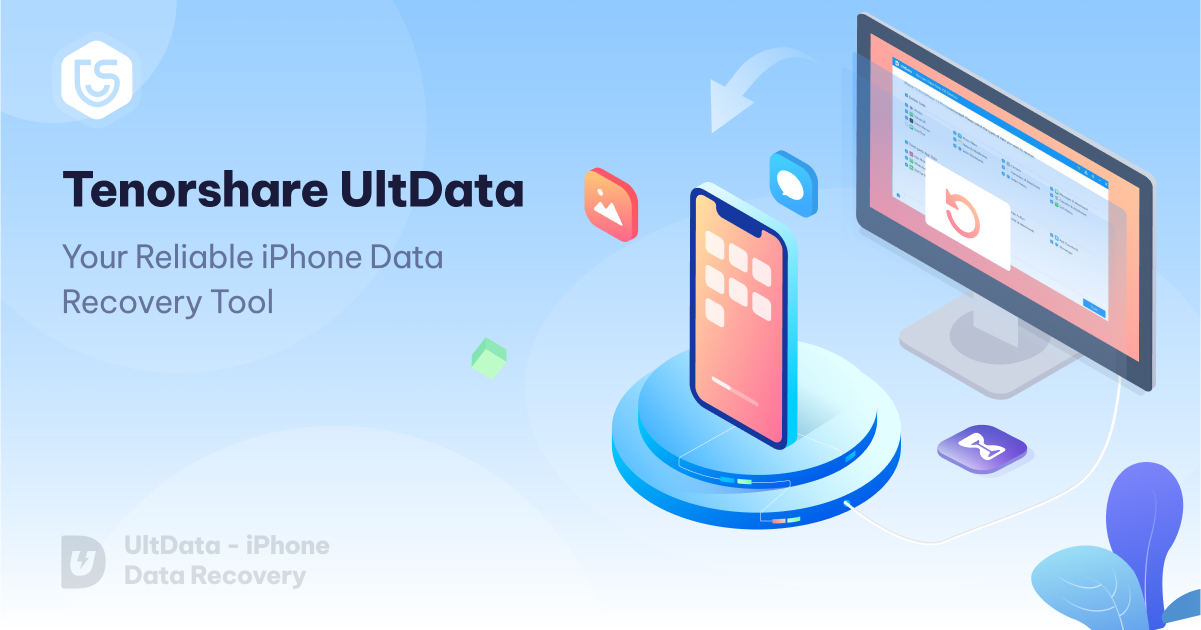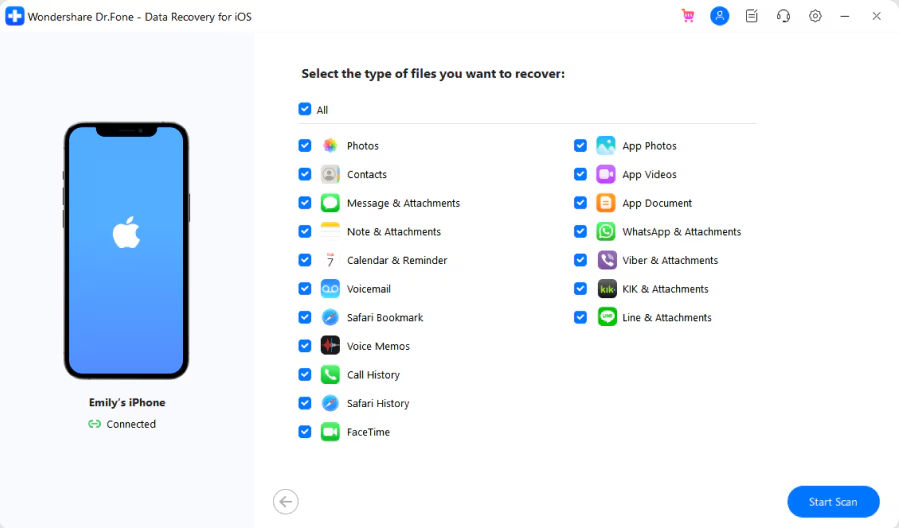📞 Beware of Calls with +234 Area Codes!

In today’s interconnected world, our phones are constantly buzzing — messages, notifications, and calls from people all over the globe. Unfortunately, this convenience also opens doors to scams and spam calls that can cause serious problems for unsuspecting users. One of the more frequently reported examples is the mysterious +234 area code.
If you’ve recently received a call starting with +234, you might have wondered where it’s from and whether it’s safe to answer. Let’s take a closer look at what this area code means, why it’s often linked to spam or scam activities, and how you can protect your data — especially if you’re using an iPhone.
🌍 What Is the +234 Country Code?
The +234 country code belongs to Nigeria, a West African nation known for its large population and rapidly growing economy. Every country in the world is assigned a specific international dialing prefix — for example, +1 for the United States and Canada, +44 for the United Kingdom, and +971 for the United Arab Emirates. The prefix +234 is Nigeria’s international telephone code, meaning any number beginning with +234 originates from there.
However, over the years, +234 has gained notoriety due to its association with fraudulent schemes and spam calls. While many legitimate businesses and individuals in Nigeria use this code for regular communication, cybercriminals have taken advantage of it to conduct phone-based scams, including:
- “Wangiri” scam calls, where the scammer calls your number once and hangs up quickly, prompting you to call back. When you do, you may be charged high international rates.
- Fake investment or lottery scams, where callers claim you’ve won money or are eligible for a business opportunity, then request fees or personal details.
- Phishing and identity theft attempts, where callers pretend to be from banks, tech support, or government agencies to extract sensitive data.
In short, not all +234 calls are fraudulent, but due to its history of abuse by scammers, any unexpected or unsolicited call from this code should raise a red flag.

🚫 How to Prevent Area Code 234 Spam Calls
Spam calls can be both annoying and dangerous, especially when they aim to steal personal information. The good news is that there are several practical ways to protect yourself and your phone from such unwanted calls.
1. Don’t Answer Unknown Numbers
If you see an unfamiliar international number — especially one with the +234 prefix — don’t answer it. Scammers rely on curiosity to lure victims. Let the call go to voicemail instead. If it’s important, the caller will likely leave a message or follow up through another legitimate channel.
2. Never Call Back Missed International Numbers
The “one-ring” scam, also known as Wangiri, tricks victims into returning missed calls. Calling back can trigger premium-rate charges or connect you to a fraudulent operator who might attempt to collect personal information. When in doubt, don’t call back unknown international numbers.
3. Block and Report Spam Numbers
Modern smartphones make it easy to block unwanted callers. On iPhone:
- Go to Phone > Recents > Tap the “i” icon next to the suspicious number.
- Scroll down and tap Block this Caller.
You can also report spam calls to your carrier or national consumer protection agencies. Many mobile networks have built-in spam detection systems that improve when users report suspicious numbers.
4. Use Call Filtering Apps
Several reliable apps automatically detect and block known spam numbers. Some popular options include:
- Truecaller
- Hiya
- RoboKiller
- Nomorobo
These apps crowdsource information about spam numbers globally and can identify suspicious +234 calls before you even pick up.
5. Enable Silence Unknown Callers (iPhone Only)
If you’re an iPhone user, you can use a built-in feature to automatically silence calls from numbers not in your contact list:
Go to Settings > Phone > Silence Unknown Callers > Turn the feature on.
Legitimate callers can still leave a voicemail, while spam calls will be quietly filtered out.
🧰 Recommended iOS Data Recovery Tools
Even with good backup habits, accidental data loss can still happen — from deleted photos and messages to system errors or software crashes. Here are the best iOS data recovery tools to help you restore what’s lost.
1. Tenorshare UltData
One of the most trusted iPhone recovery solutions, UltData can retrieve deleted contacts, messages, photos, and app data directly from your device or iTunes/iCloud backups.

2. Dr.Fone – Data Recovery (iOS)
Dr.Fone’s data recovery module can recover up to 18 types of files, including WhatsApp, notes, Safari history, and call logs.

3. iMyFone D-Back
Ideal for users who need deep data recovery, D-Back retrieves lost data even from damaged or unresponsive iPhones.
4. PhoneRescue for iOS
PhoneRescue helps restore lost data and even fix iOS system issues like boot loops or crashes.
✅ Conclusion
While the +234 area code itself simply represents Nigeria, the reality is that many scams and spam calls originate from numbers using this prefix. The safest course of action is to avoid answering unknown international calls, block suspicious numbers, and never share personal information with unverified callers.
Beyond phone security, protecting your digital data is equally vital. Regularly back up your iPhone, and be prepared with data recovery software such as Tenorshare UltData or Dr.Fone in case of emergencies.
Staying alert, practicing caution, and keeping your data secured are the best defenses against the growing wave of phone scams and data loss threats in today’s connected world. Stay safe, stay smart — and always think twice before answering that +234 call.
